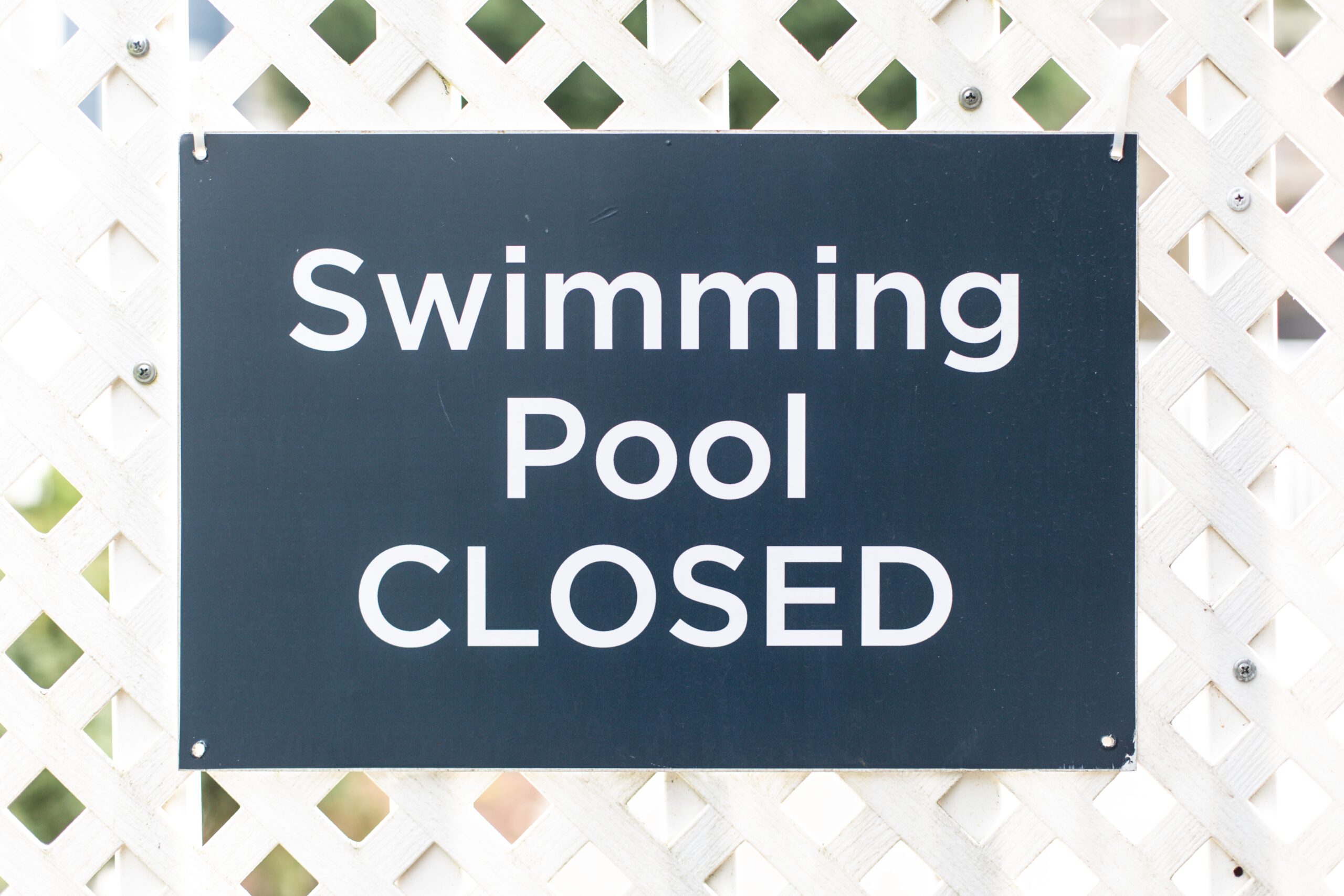
Swimming Pool Closures: What’s behind it?
With energy bills already soaring through the roof for many of us already, it’s no wonder why so many swimming pools are taken action to close now. But it’s not just the rising energy bills that are a worry to many of us, but the UK chlorine shortage that is having an impact on how long some swimming pools can stay open for. With even more swimming pool closures set to take place in 2023, we’re taking a deep dive into other key reasons behind the havoc.
Rising Energy Bills
We won’t be the first to talk about the UK’s energy crisis and we certainly won’t be the last. Energy bills are on the rise across the country, leaving both businesses and the public at a loss as to what can be done to lower prices. It’s not just supermarkets experiencing the impact but leisure centres too, leading to temporary and sometimes permanent swimming pool closures and it’s no surprise with the running cost of an in-ground pool averaging at anywhere between £100 and £4,000 per season depending on the size, location and whether it is heated or not. So, the question on the tip of everyone’s tongue right now is ‘will energy prices go down in 2023?’
Membership Fees
Of course, it’s not just the cost of running a swimming pool but the rest of a club when it comes to maintaining leisure centre standards and facilities. But, with the cost-of-living crisis happening as we speak, it’s no wonder why so many of us are choosing to cut our costs in every way possible including by cancelling memberships to make sure there’s food on our plates throughout the winter months. It really is the reality of what’s around us, stopping these businesses from being able to open their facilities whilst also prompting the closure of swimming pools as money is spent more importantly elsewhere to keep these companies afloat as they tackle the unknown.
Chlorine Shortage
However, swimming pool closures aren’t new to 2022 just now. Back in May this year, a chlorine shortage was announced resulting in many swimming pools being forced to close. That same chlorine shortage is still happening now and is expected to end in January 2023 as the build of a bigger, faster plant is completed. So, whilst there’s still a little bit of time to wait, there is light at the end of the tunnel. Better yet, the cost of chlorine is expected to decline as supply increases once again, hopefully supporting more businesses get back on their feet and less swimming pool closures.
Will Energy Prices Go Down In 2023?
Many of us want to know ‘will energy prices go down in 2023?’ and whilst we’d love to provide an exact answer, nobody knows at this stage. With recent speculation that energy bills are likely to rise again next year, we all need to do what we do the best – stand by one another in the time of a crisis.






